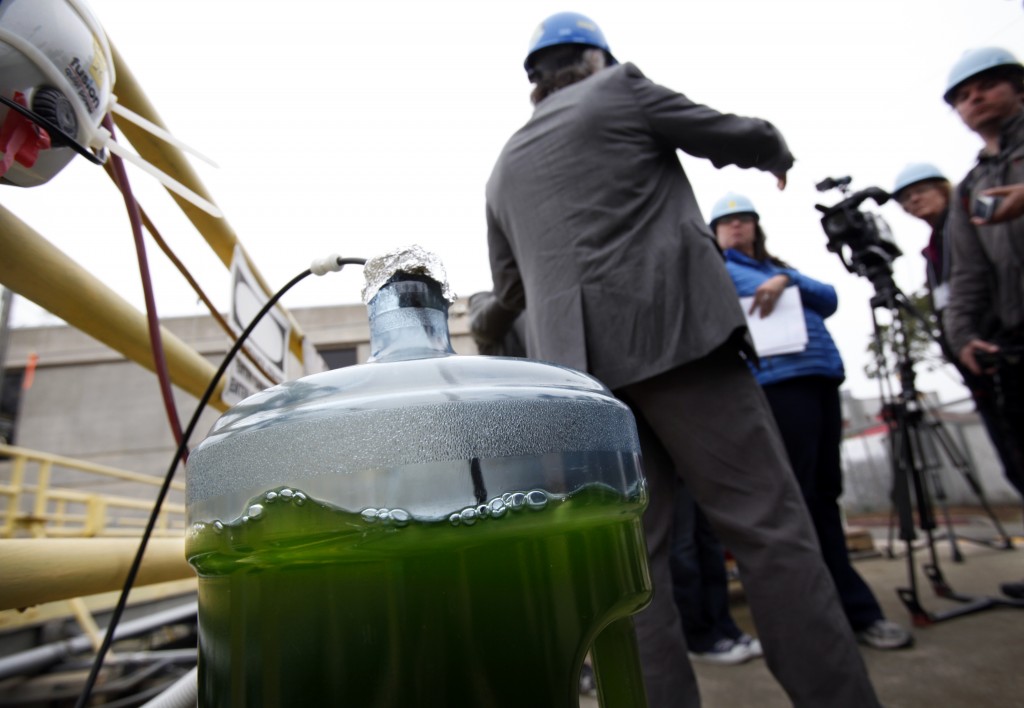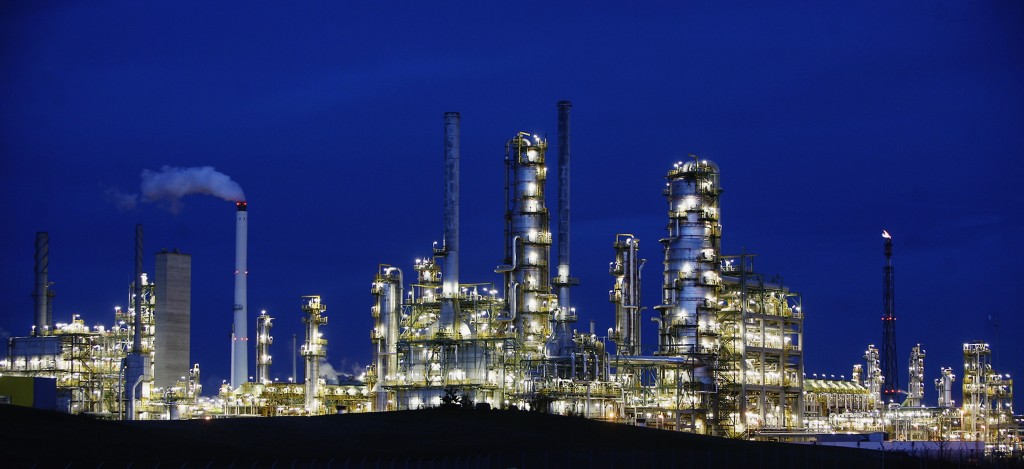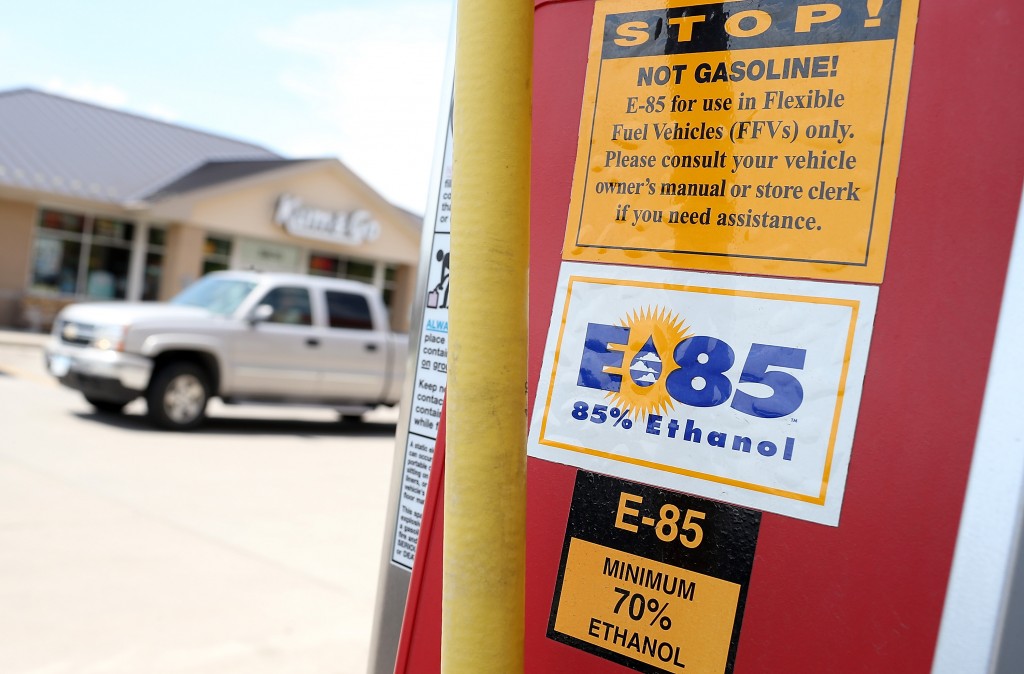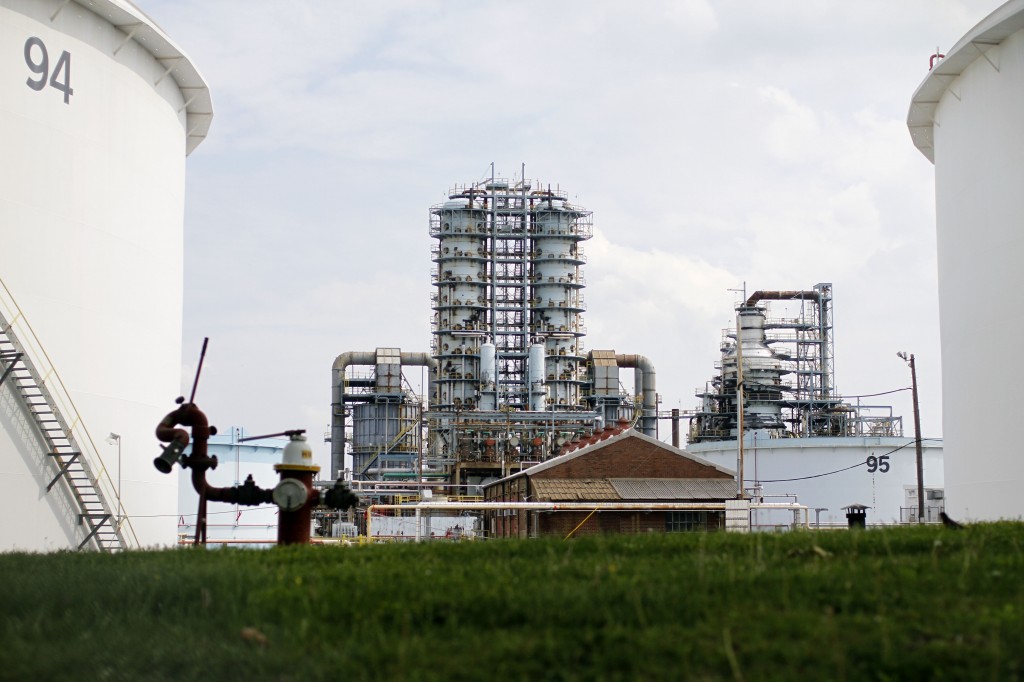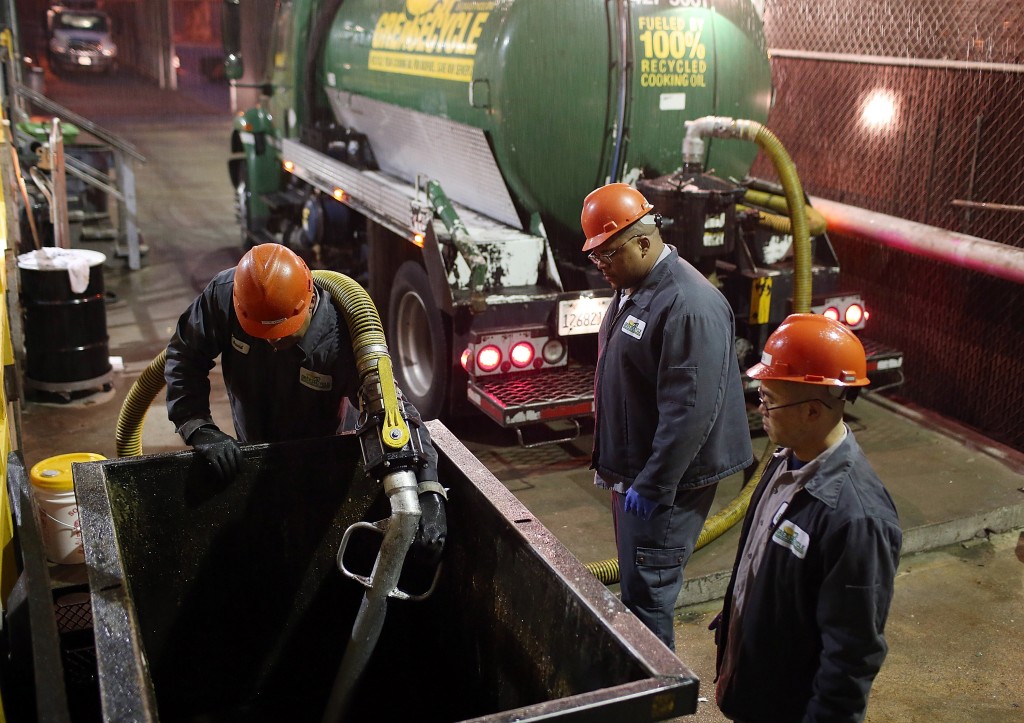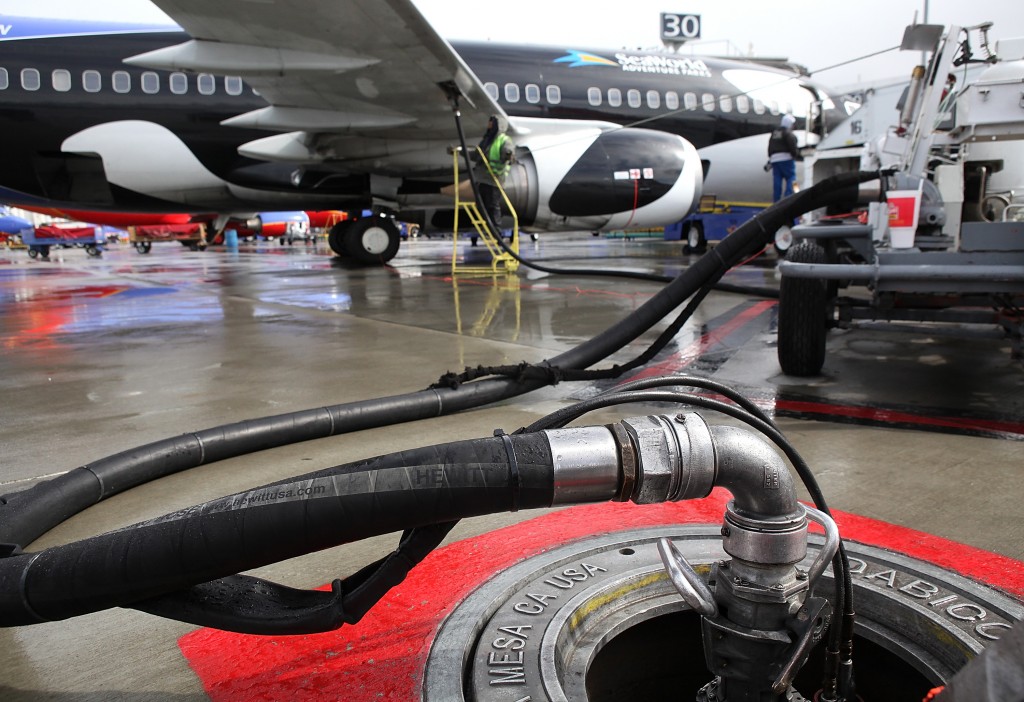Sapphire Energy and refiner Phillips 66 – comprised of ConocoPhillips’ former refining assets – have announced a joint development agreement to commercialize Sapphire’s Green Crude, an algae-based crude oil. The two companies will expand Sapphire’s ongoing testing program to ensure that Green Crude can be processed in traditional refineries and meet Environmental Protection Agency standards under the… Keep reading →
Valero
Sign up and get Breaking Energy news in your inbox.
We will never sell or share your information without your consent. See our privacy policy.The first visible chink in the oil and gas sector’s stance on the Keystone XL pipeline project’s inevitability turned up this week in that house journal of capitalism, the Wall Street Journal. In his provocatively titled article, “U.S. Refiners Don’t Care if Keystone Gets Built,” Ben Lefebvre lists the host of ways that the sector… Keep reading →
As the US ethanol industry expanded, it quickly became clear that numerous limitations and complications came with using food crops – primarily corn in the US – to manufacture fuel. As is often the case in modern society, technology was seen as the solution. Ethanol can also be made from non-food feedstock like switch grass,… Keep reading →
By Patti Domm U.S. refineries are expanding their diesel-production capacity, not so much for truckers in the U.S., but for drivers in places like Mexico City and Santiago, Chile. Already running at their highest levels in six years, U.S. refineries are finding strong demand for diesel fuel, used widely in cars outside of the United… Keep reading →
UK oil major BP made a big splash in 2000 when it changed its name to “Beyond Petroleum” (originally British Petroleum) and changed its logo to a sunburst design that was supposed to represent the company’s greater renewable energy focus. BP has since scaled back some of those efforts, but other firms are pushing ahead… Keep reading →
With the Solar Impulse plane on a flight path now headed toward New York, it seemed only natural to focus on the quiet transformation happening in the airline fuel business which refiners should be taking very seriously. The idea of using sustainable, cleaner burning fuels for aircrafts has been around for a while. However, considering… Keep reading →
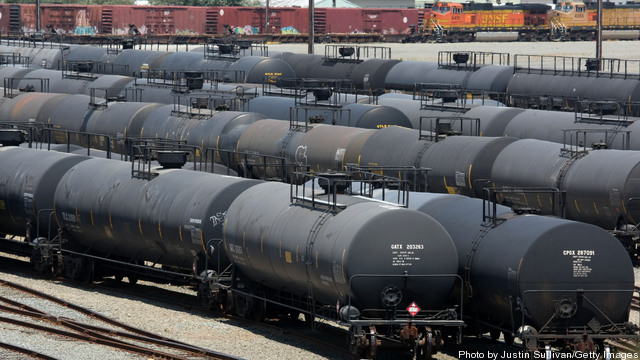
US refining economics have been under pressure in recent years, particularly on the East Coast, where lack of infrastructure or bottlenecks forced some refineries to process crude imported from overseas markets at prices linked to the more expensive Brent benchmark. But independent refiner PBF Energy saw an opportunity and bought 3 major facilities between late 2010 and early 2011 in an effort to access increasing volumes coming on from the Bakken region and Western Canadian oil sands via rail.
PBF acquired 2 refineries located in Delaware City, Delaware and Paulsboro, New Jersey from Valero with a combined refining capacity of 370,000 b/d. Crude was traditionally transported to these plants via barge and ship along the Delaware River, but PBF constructed a crude rail unloading facility at the Delaware City refinery designed to accept shipments from the Mid-Continent and Western Canada at prices linked to West Texas Intermediate – the US benchmark grade – currently trading at a roughly $20/barrel discount to Brent. Keep reading →

Eager to feed its growing energy appetite, China’s worldwide buying binge for oil and other energy assets is spreading to North and South America. Yet most analysts say China’s newfound interest in American energy may actually be good for U.S. consumers, as it will likely increase oil and gas supplies worldwide and possibly lower prices. Big deals: Earlier this month, reports said PetroChina is close to buying an old refinery on Aruba owned by American refining giant Valero. China is also said to be interested in building a pipeline to carry 300,000 barrels a day of Colombian oil to the Pacific Coast, according to a recent Eurasia Group note.
